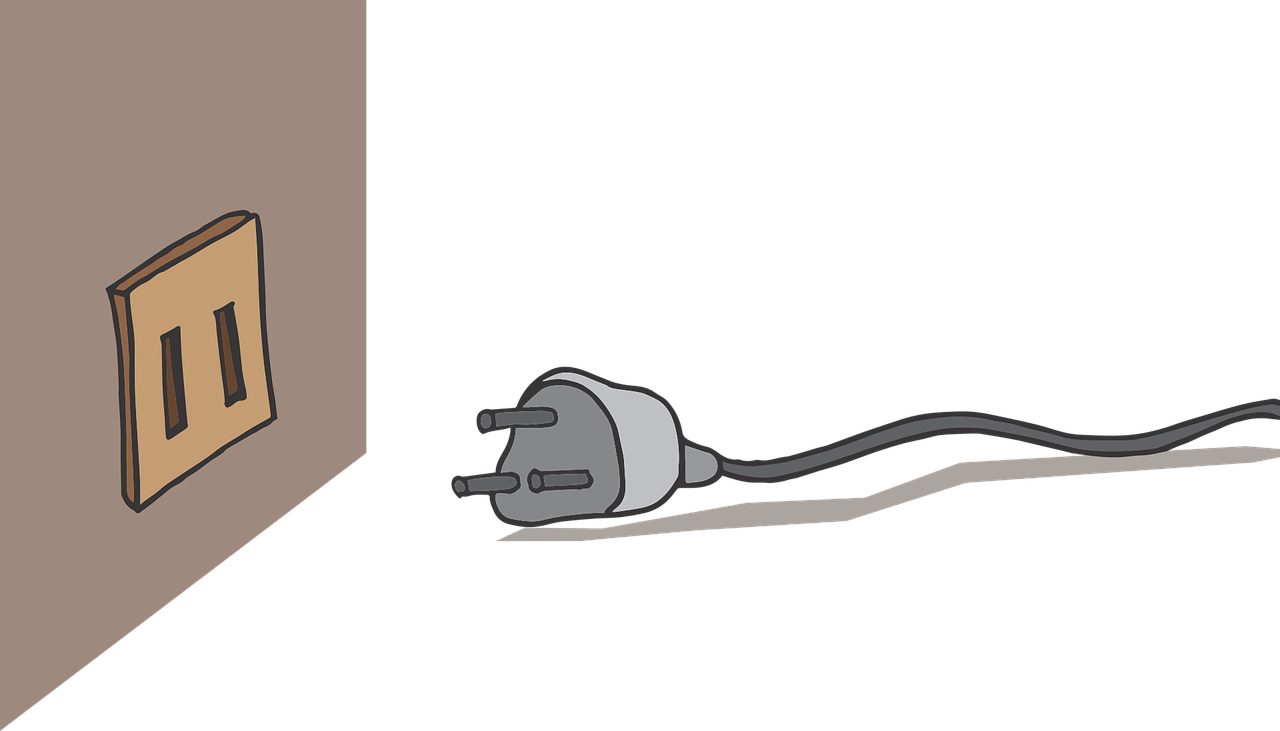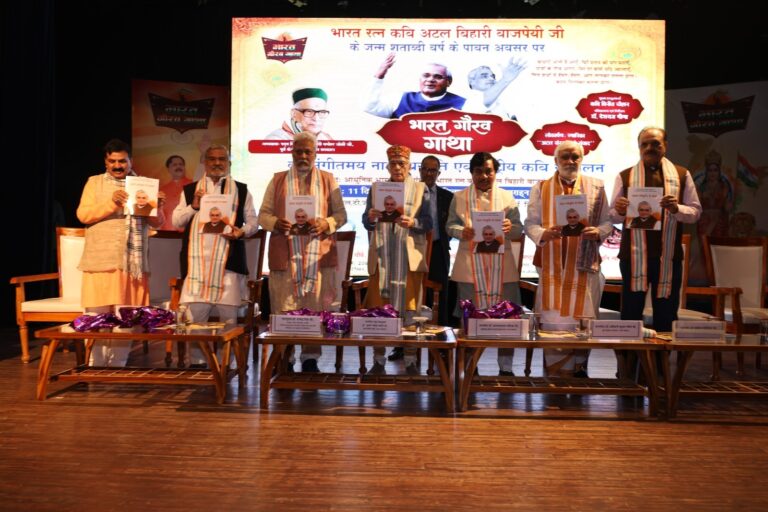
 By Nava Thakuria*
By Nava Thakuria*
Guwahati: Shifting to a prepaid bill-paying system has allegedly resulted in an unusual increase in monthly electricity charges in Assam and expressing concern over this increase, a forum of graduate engineers today urged Assam Power Distribution Company Limited, a division of the government-run Assam State Electricity Board, to clarify its stand.
The All Assam Engineer’s Association (AAEA), while supporting the new technology, stated that the process of changing conventional electro-mechanical meters (with a rotating aluminium disc) to electronic (digital/smart) meters with an LCD or LED display must not record more energy consumption (to increase the monthly bills) at any cost.
“In India, one unit of electricity is defined as 1 kilowatt hour (means the energy consumed by the appliances totalling 1000 watts for 1 hour. Consumers should get an alert when their account balances reach a low level. They can insist on putting LED bulbs and judiciously use heavy energy appliances like iron, dyers, heater, heavy old fan, air conditioners etc,” said All Assam Engineer’s Association (AAEA) president, Kailas Sarma.
The new technology is already preferred by many countries across the globe with an aim to reduce energy losses. The forum urged the APDCL to enlighten the consumers about the new prepaid system such as a cell phone or DTH recharge. The consumers here actually buy their required energy units in advance and once the balance amount turns zero, the power supply will be automatically cut off. In simple terms, the balance amount keeps reducing after the consumption of every unit of energy.
Mentionable is that the electricity prices for household consumption remain moderate in India, whereas Iran, Sudan, Libya, Iraq, Syria, Zimbabwe, Bhutan, Egypt, Burma, Cuba, Ghana, Laos, Argentina, Afghanistan, Nepal, Pakistan, Saudi Arabia, Sri Lanka, Malaysia, Bangladesh, Russia, etc charges lower energy prices. India is followed by UAE, Vietnam, China, Turkey, South Korea, Taiwan, Indonesia, Mexico, Canada, Thailand, Mauritius, Norway, Maldives, Cambodia, South Africa, Israel, Brazil, Romania, USA, Philippines, New Zealand, France, Switzerland, Australia, Singapore, Japan, Sweden, Spain, UK, Netherlands, Germany, Italy, Denmark, with higher electricity prices.
India, being the third largest producer of electricity in the world, depends on fossil fuels (mostly coal and gas) and the government is looking for alternate (renewable) energy sources to feed the billion-plus nation. The country has witnessed an increase in per capita electricity consumption in recent years. To keep up the momentum, the AAEA appealed to the APDCL management to simplify the guidelines for installing household solar units for the benefit of consumers, so that they can use the supplied electricity according to their needs only.
*Senior Journalist





